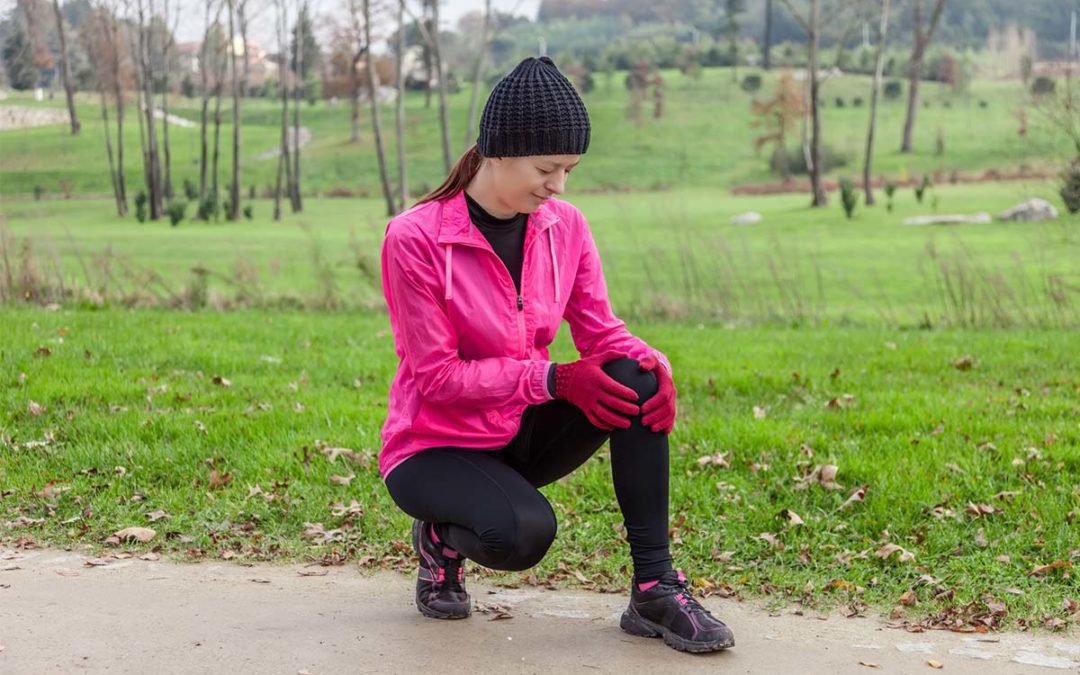Our bodies withstand a lot of pressure from the daily activities we put them through. At times, we all experience tension in different muscles and joints. If you’ve had an accident that resulted in orthopedic injuries, the tension and discomfort may be more severe than normal. While these injuries can be healed, you may still experience pain flashes on your previously injured joints in cold weather. The big question remains: What causes the sudden pain development in old orthopedic injuries when the weather changes?
Pressure and pain
In cold weather, the pressure in the atmosphere changes, and this directly affects your body fluid, especially around your knees and ankles. In cold weather, barometric air pressure quickly drops. This rapid pressure drop leads to a quick expansion of gases and fluids around the knees and ankles. The expanding fluids accumulate and unpleasant pressure builds on the nerves, awakening your old injury.
Increase in nerve sensitivity
Orthopedic injuries cause tension in the nervous system, and the nerves become super sensitive. A drop in temperature acts as a stimulus, and the body responds to create a balance. Due to increased sensitivity, the nerves may react quickly to weather, causing pain in those old injuries.
Change in fluid thickness
Our joints are filled with fluids for lubrication and protection against shock. A drop in temperature increases the thickness of this fluid, limiting their flow. Thick fluids don’t flow easily, in turn causing the joint to stiffen.
Lack of exercise
You need to keep your body active and exercise regularly to rebuild your muscle strength. In the winter seasons, many people skip exercise, whether due to a busy holiday schedule or a desire to avoid the frigid temperatures outside. Unfortunately, inactive joints, muscles and tissues become stiff and old injuries can become painful.
How to treat seasonal joint pain
Here are some of the ways of managing old orthopedic pains during the cold seasons:
- Keep warm during cold weather to allow free circulation of body fluids.
- Be active to avoid joint and muscle stiffness.
- Take pain relievers to counteract developing pain as instructed by your physician.
Weather changes and pain occurrences are more of a result of a change in fluid flow. So keeping the body active and warm is the best way you can control the problem.
If your pain is severe, or you need help with other orthopedic concerns, contact us today.

